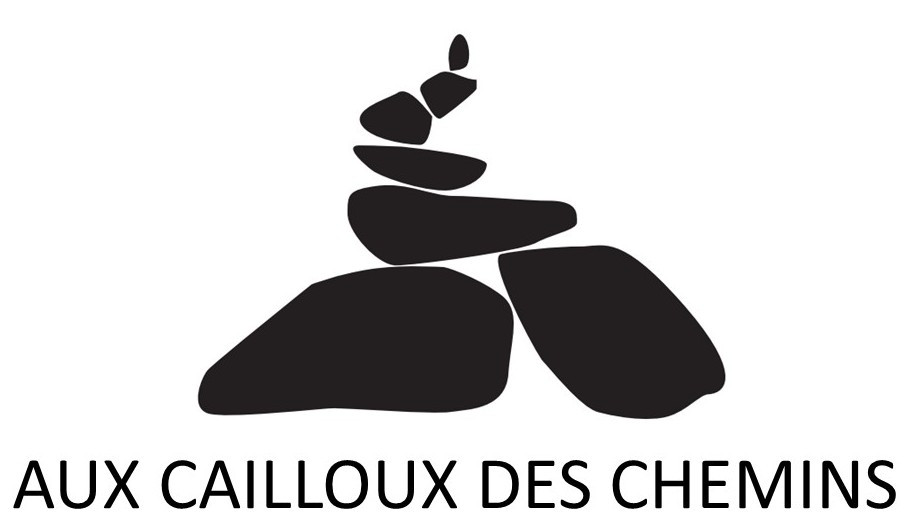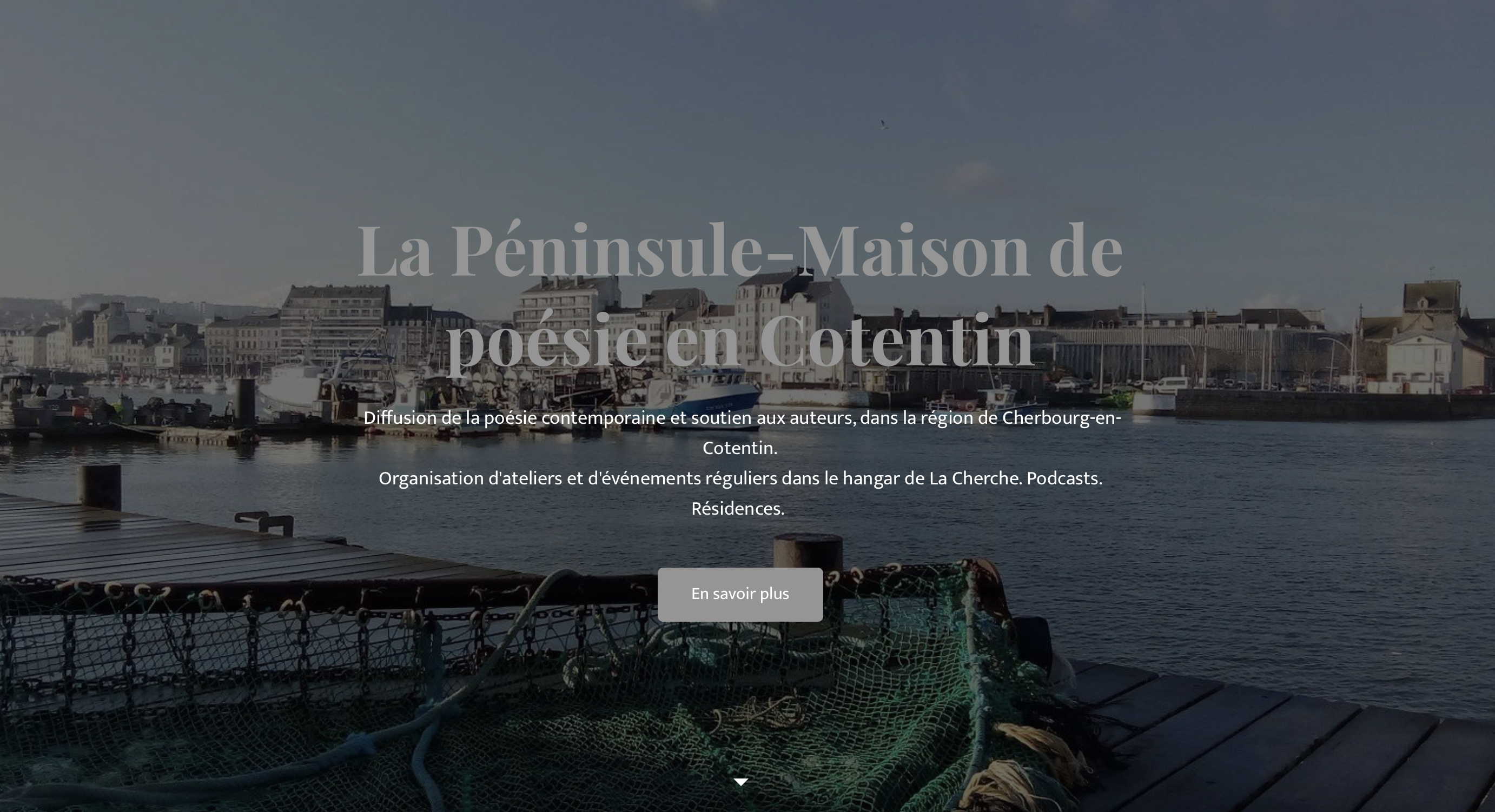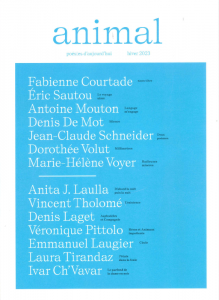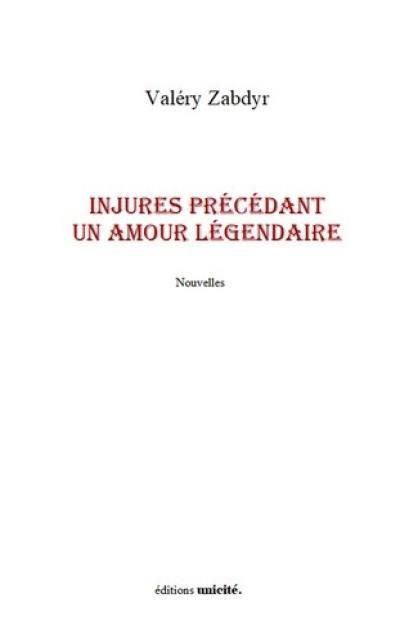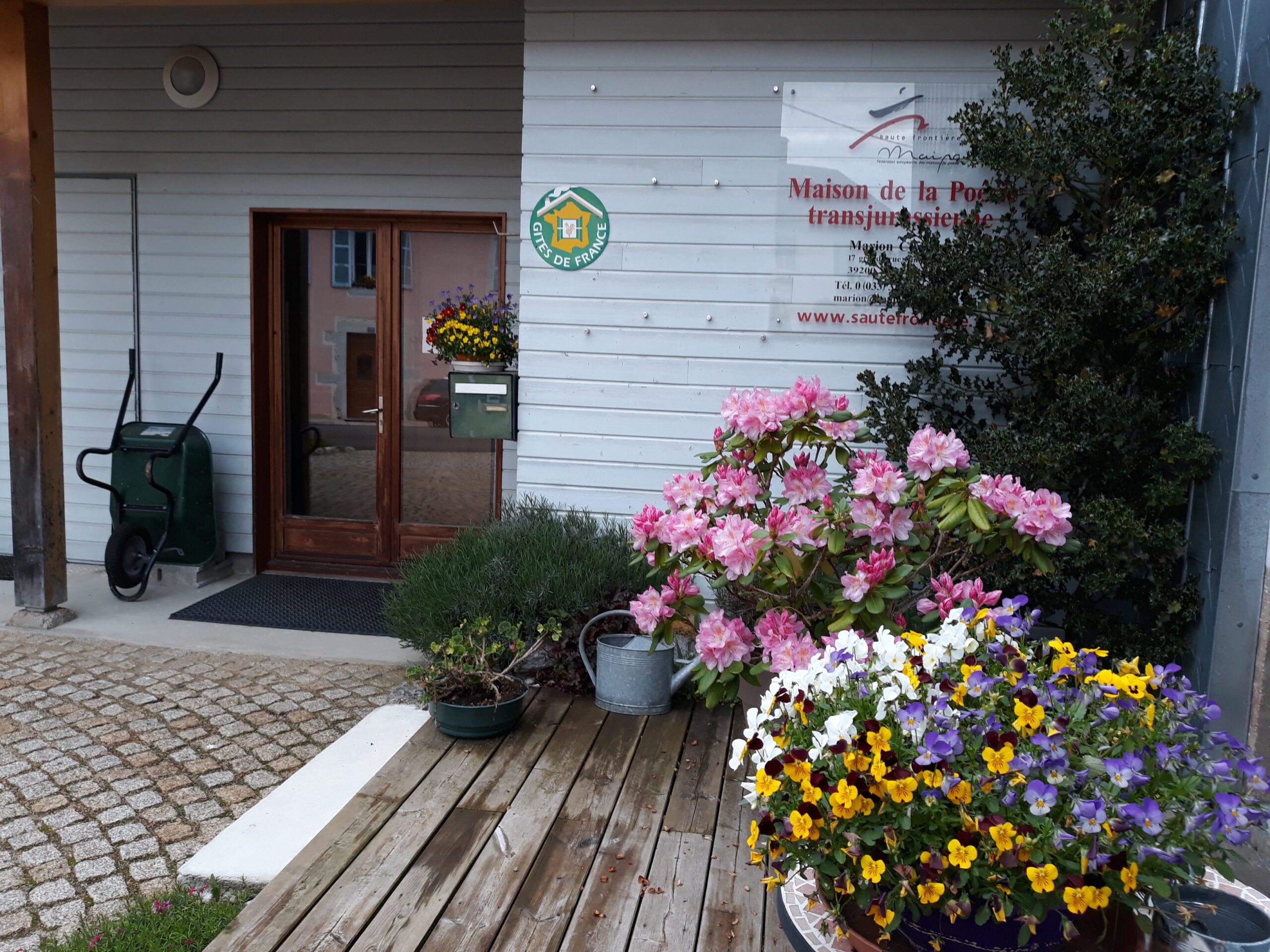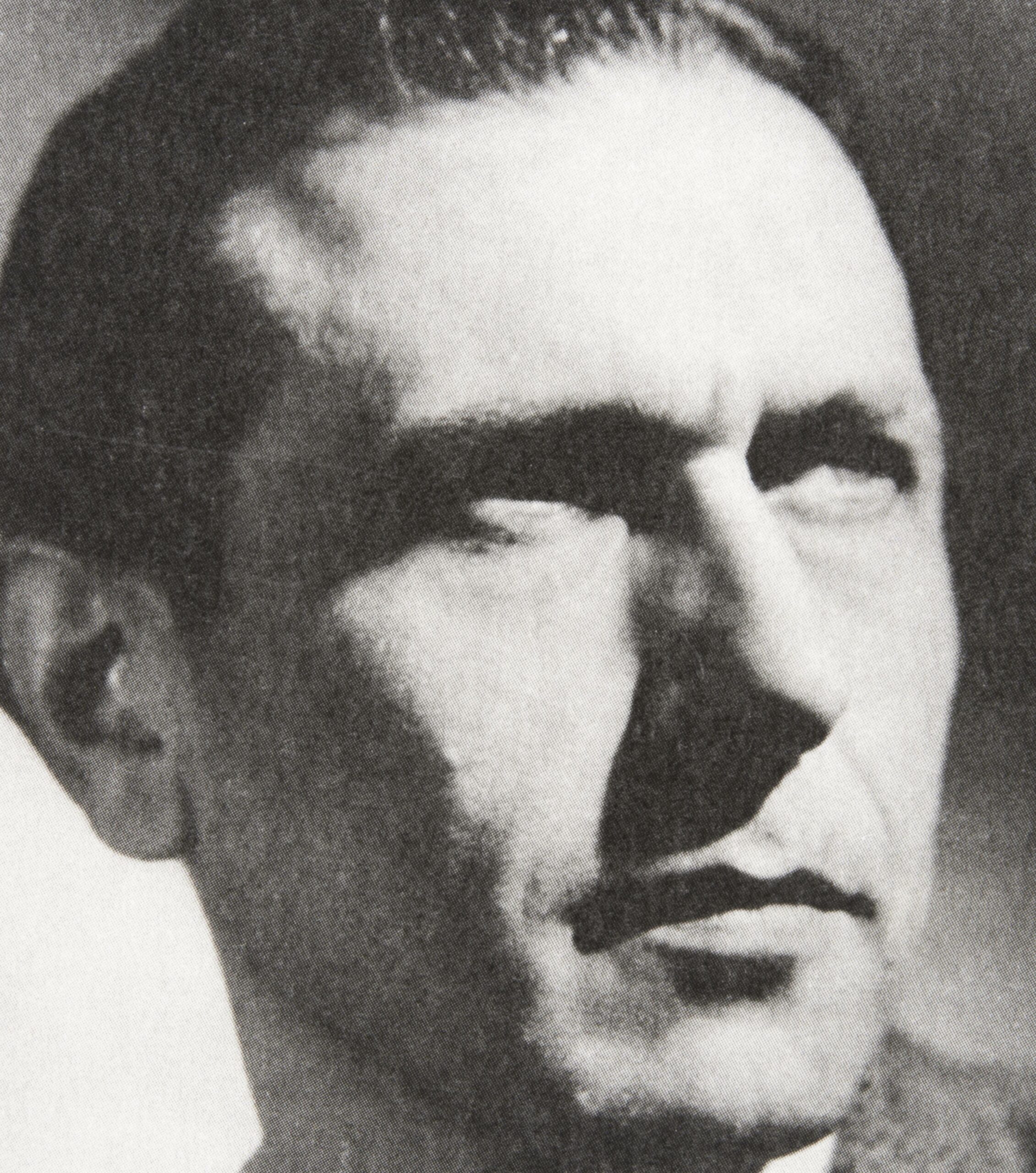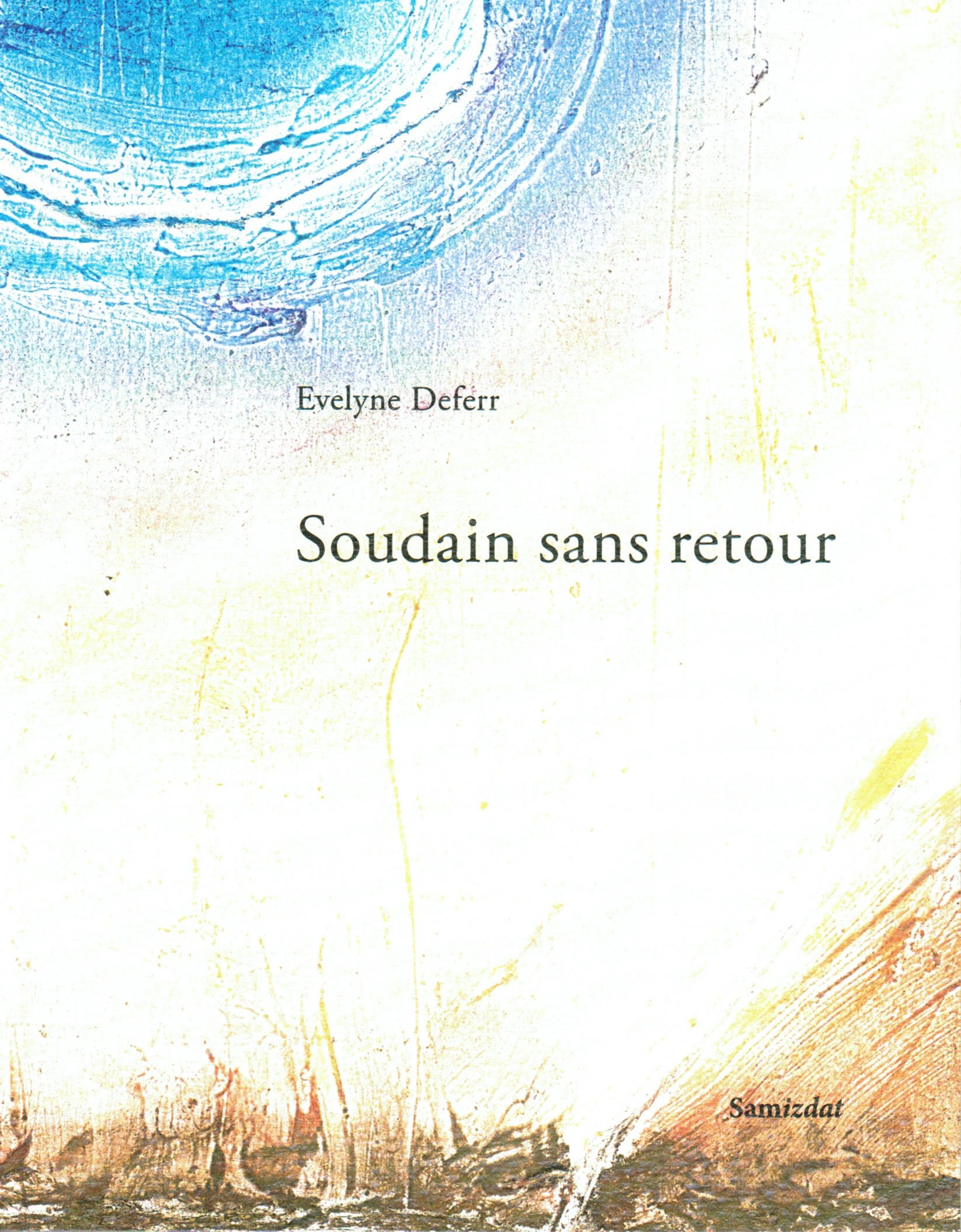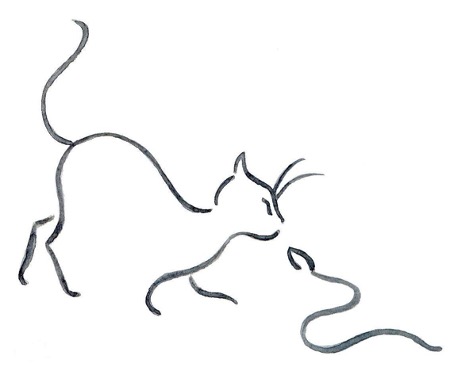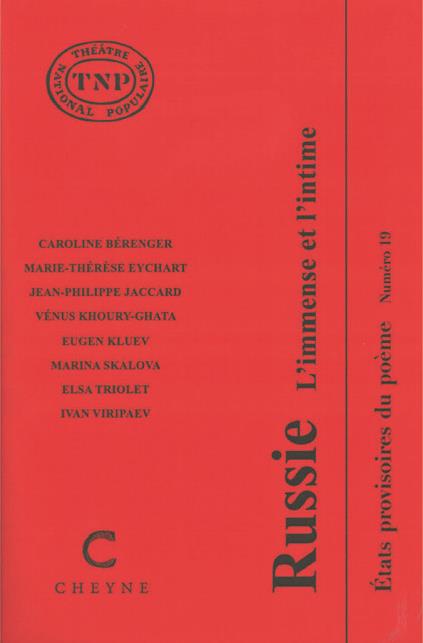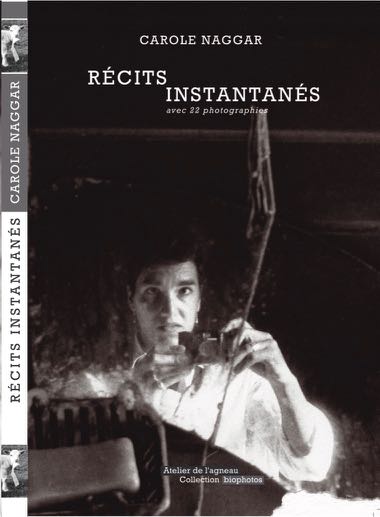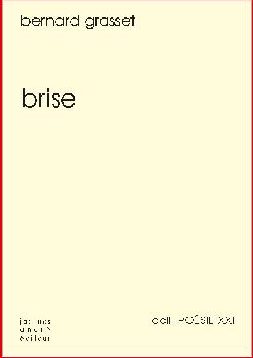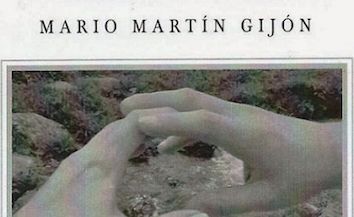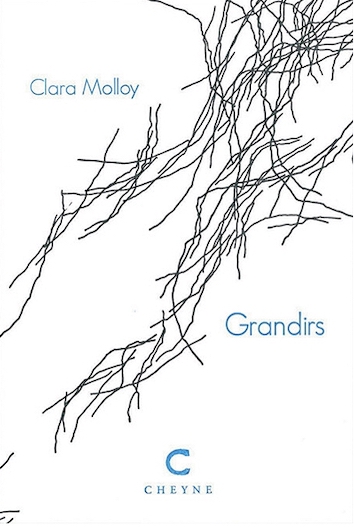. Traduction Marilyne Bertoncini
L’écran.
1 -
Elle écrit : Je travaille maintenant pour un centre de recherche. Je suis stagiaire.
Pas payée, mais une référence possible et un plus pour le CV.
J’ai mon propre badge. Je le présente au scanner.
Les grilles s’ouvrent d’elles-mêmes.
Les vitres sont teintées et la lumière filtrée.
Tout la journée, nous poussons le long des couloirs de gazon
synthétique des chariots débordants d’imprimés : sécheresse,
Kiribati submergé, Bangladesh inondé.
Il y a un écran qu’on peut toucher, froid comme une hanche d’amant,
et qui peut prédire le futur.
La fatigue de ce travail dépasse l’entendement.
On télécharge la modélisation de la fonte des Himalayas,
du Gange et du Yalu, qui irriguent un milliard de cultivateurs,
qui s’épuisent à gratter la poussière.
Il y a d’autres prédictions, mais on n’y a pas accès.
Parfois, même ici on peut percevoir la rumeur du trafic.
Une fois, je jure que j’ai entendu un moineau. Peut-être
un indice numérique dans la musique d’ambiance.
2 -
Quand j’étais enfant, je faisais un rêve récurrent.
Je m’habillais pour l’école méthodiquement.
Je venais d’apprendre à boutonner dans le miroir des grands
où chacun de mes gestes me faisait face.
Ma mère m’avait montré comment attendre au feu
et croire que le bus sur le panneau
allait vraiment arriver, bruyant et plein d’étrangers.
J’arrivais aux portes cloutées de cuivre juste pour la sonnerie.
J’aidais le maître à battre les effaceurs, la poussière
m’étouffait, sauf que non, je comprenais
que j’étais encore dans le rêve. J’avais oublié de me réveiller.
Il fallait que j’y retourne pour trouver comment, pas d’indice
sauf la souffrance, ou la main douce de ma mère
qui sentait l’échalotte et l’eau de cologne.
Mais maintenant, si je retourne, c’est aux simulations
et au vent qui bouge à travers l’écran
à trois miles par minute.
*
The Screen
1
She writes: I work at a think tank now. I’m an intern.
No pay, but a possible reference and resumé credit.
I have my own badge. I hold it to the scanner.
The gates open of their own accord.
The windows are tinted and the light filtered.
All day down the astro-turf corridors we wheel
carts overflowing with print-outs: drought,
Kiribati overwhelmed, Bangladesh flooded.
There is a screen you may touch, cold as a lover’s hip,
and it will tell you the future.
The fatigue of this labor is beyond belief.
We download the model of the Himalayas melting,
the Ganges and Yalu rivers, that irrigate a billion farmers,
petering out to a scratch in dust.
There are further predictions, but we can’t access them.
Sometimes even here you can sense the hum of traffic.
Once I swear I heard a sparrow. Perhaps
it was a digital cue in the background music.
2
When I was a child, I had a recurring dream.
I dressed for school methodically.
I had just learned to button in the grownup mirror
where each of my gestures countered me.
My mother had shown me how to wait at the sign
and trust the bus emblazoned on the shield
would actually arrive, loud and full of strangers.
I came to the brass-shod doors just at the bell.
I helped the teacher beat the erasers, the dust
choked me, except it did not, I realized
I was still deep in the dream. I had forgotten to wake.
I had to go back and find out how, no clue
except suffering, or else my mother’s gentle hand
that smelled of shallots and cologne.
But now if I go back it is to the simulations
and the wind that moves across the screen
at three miles per minute.
*


